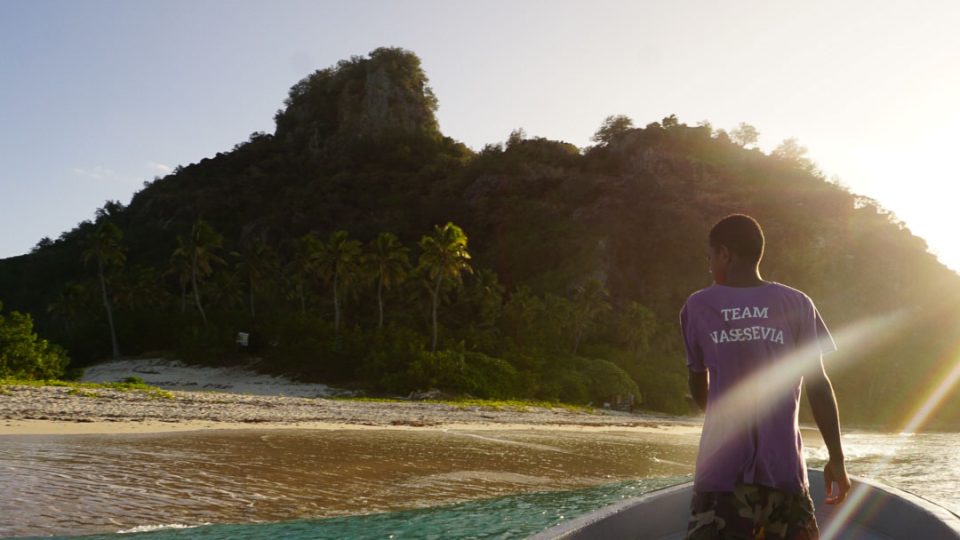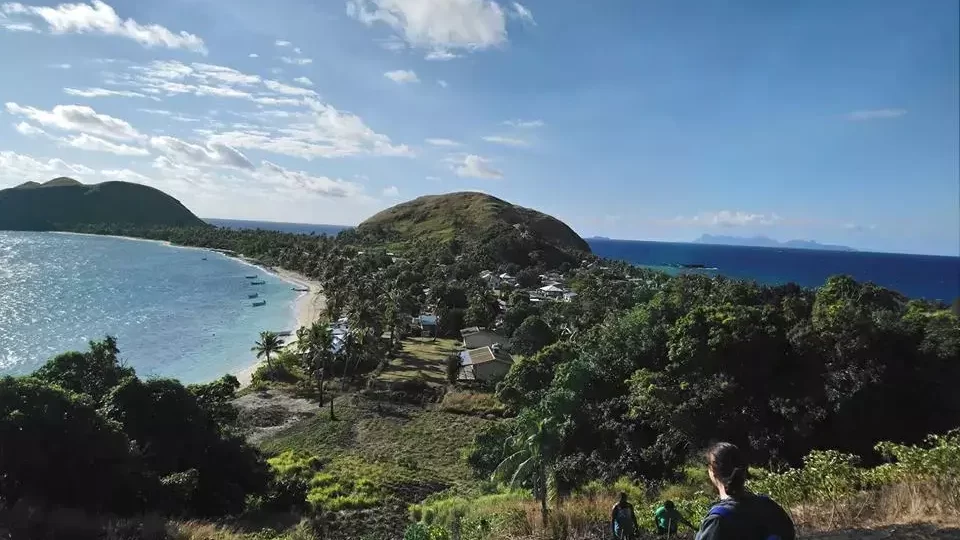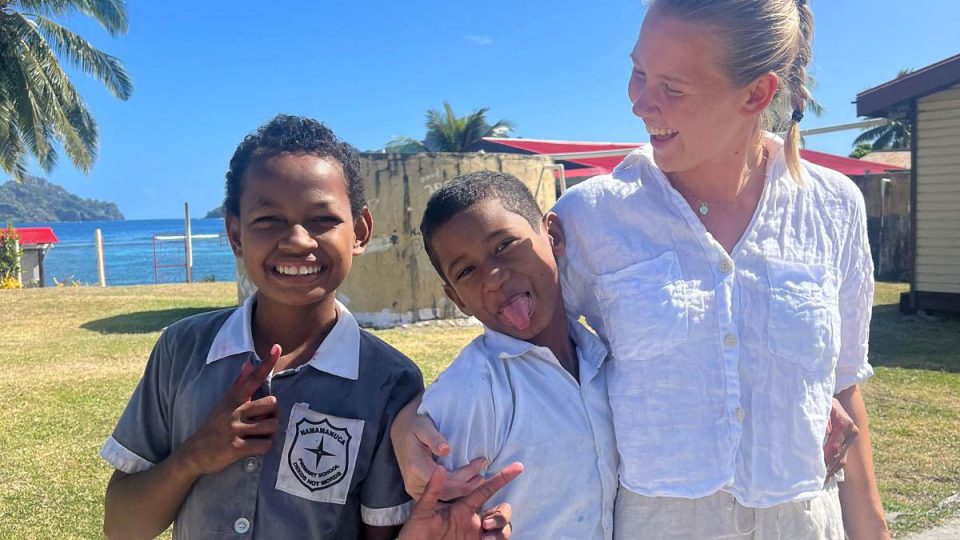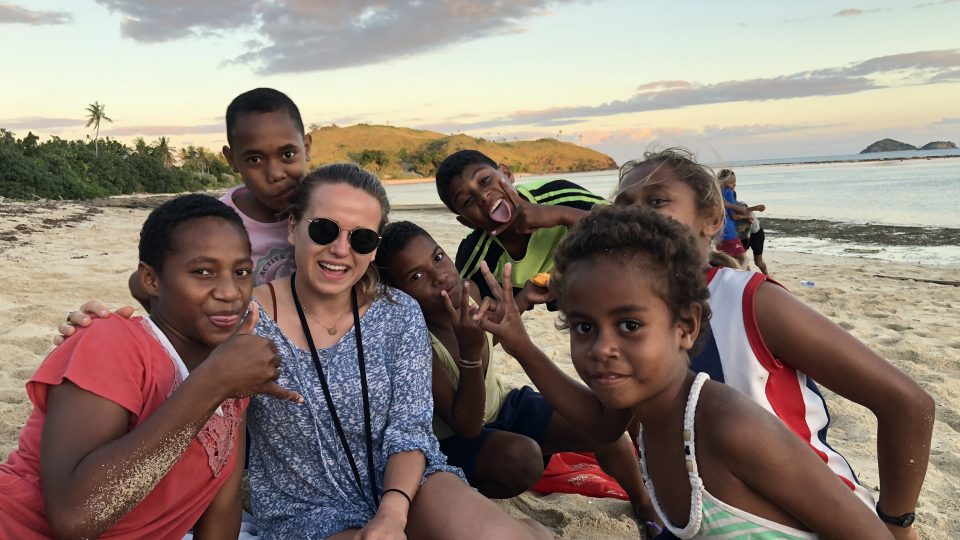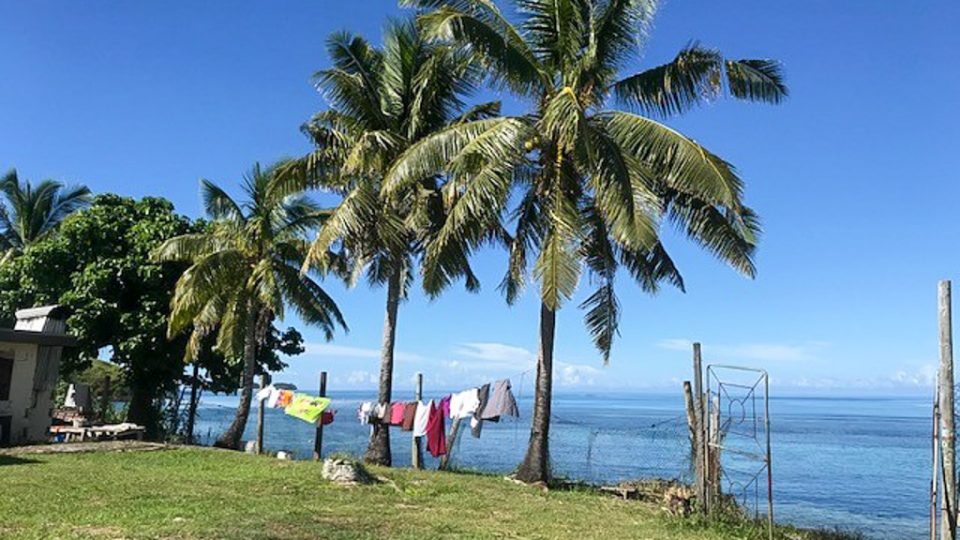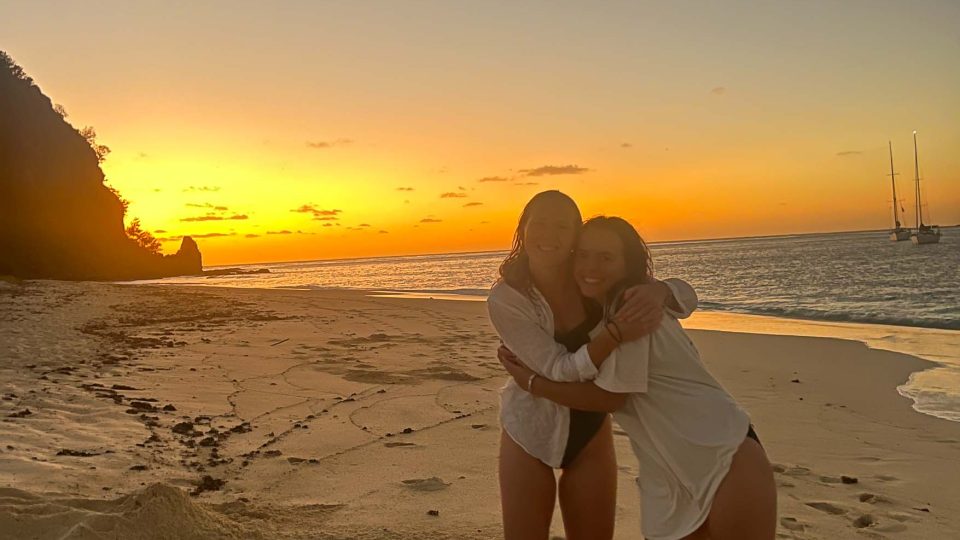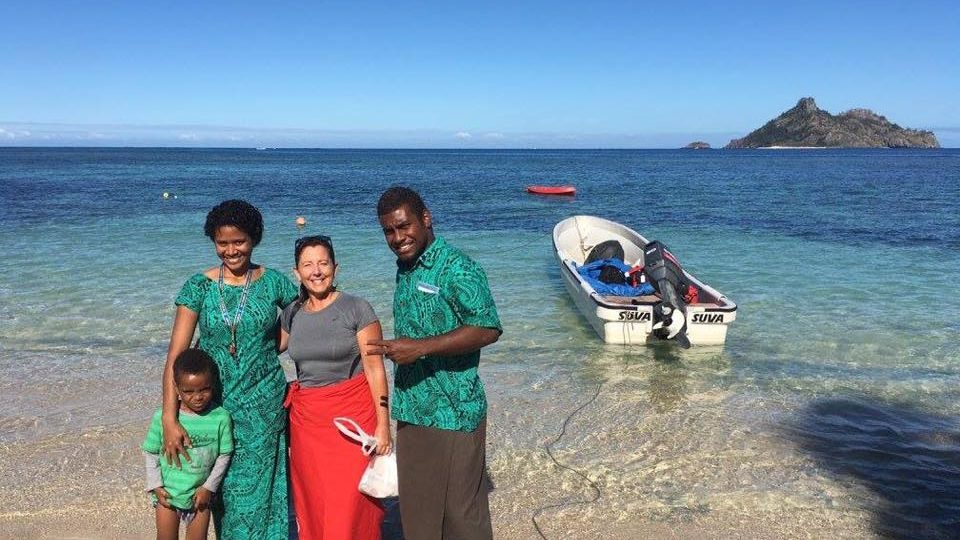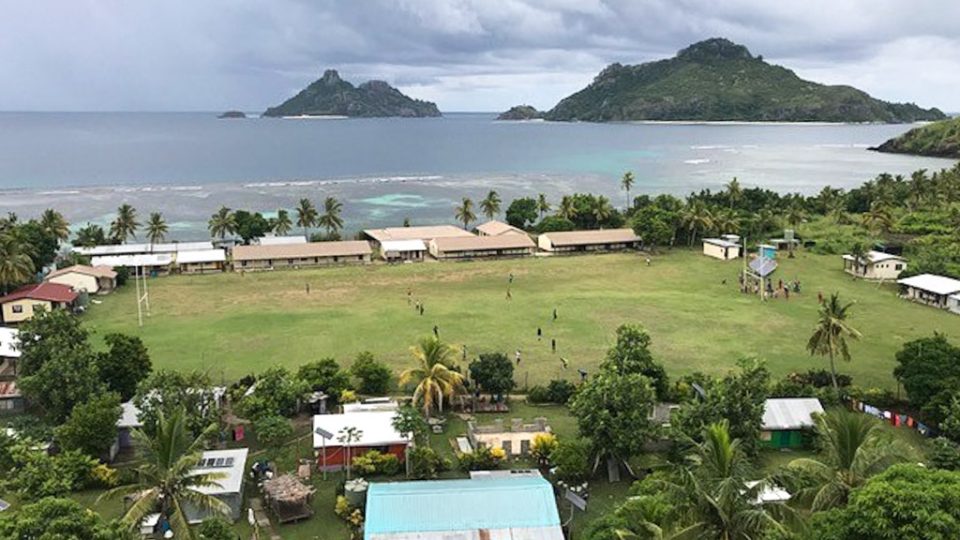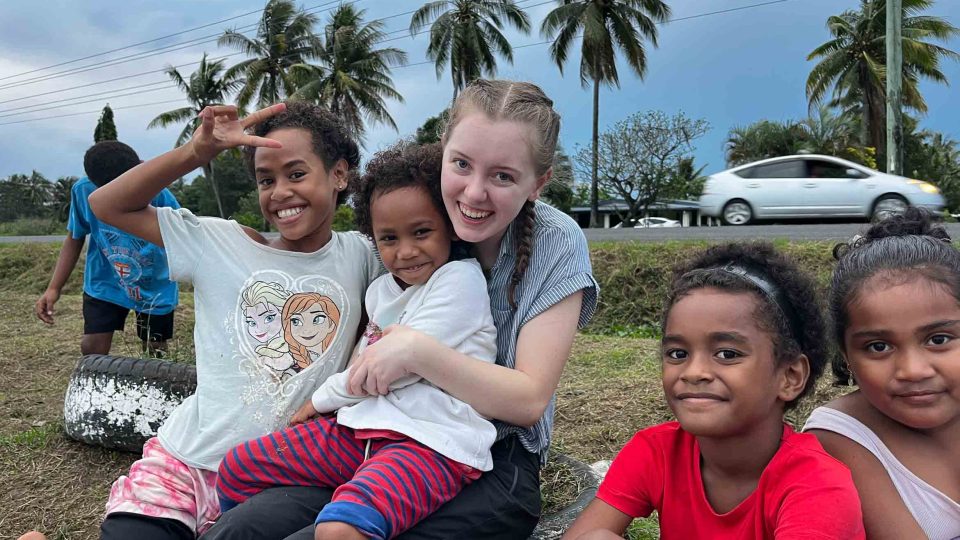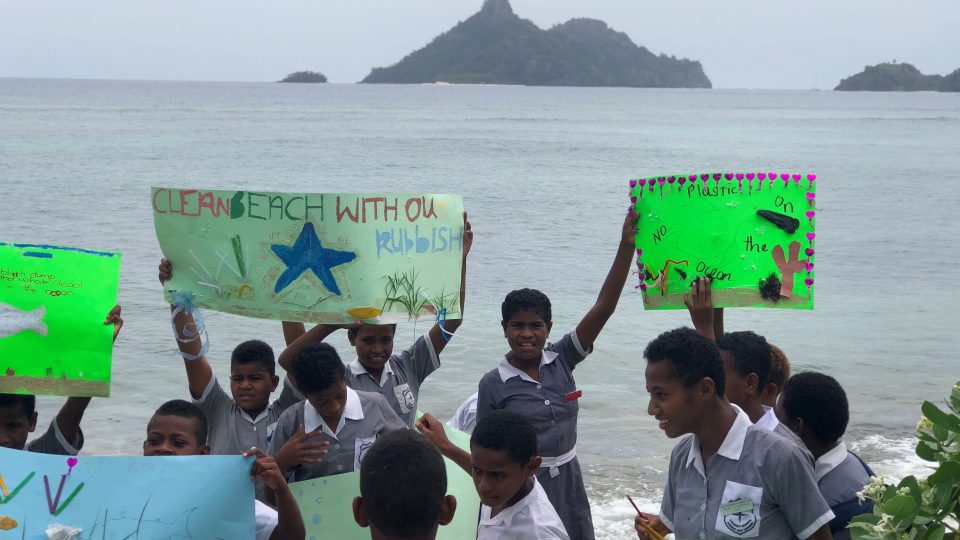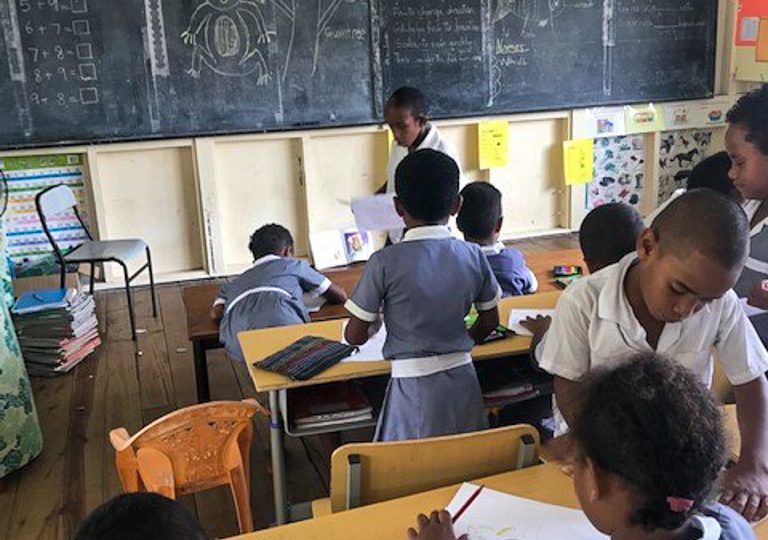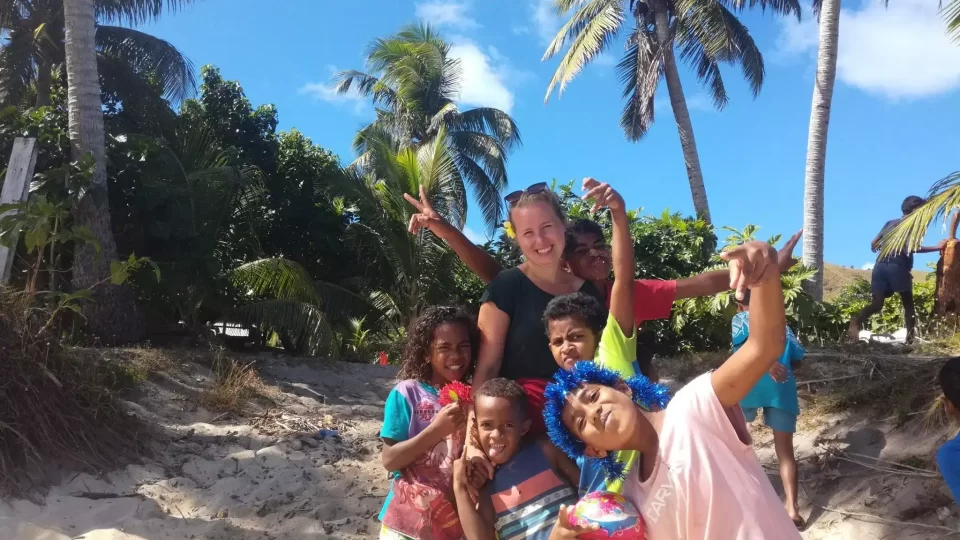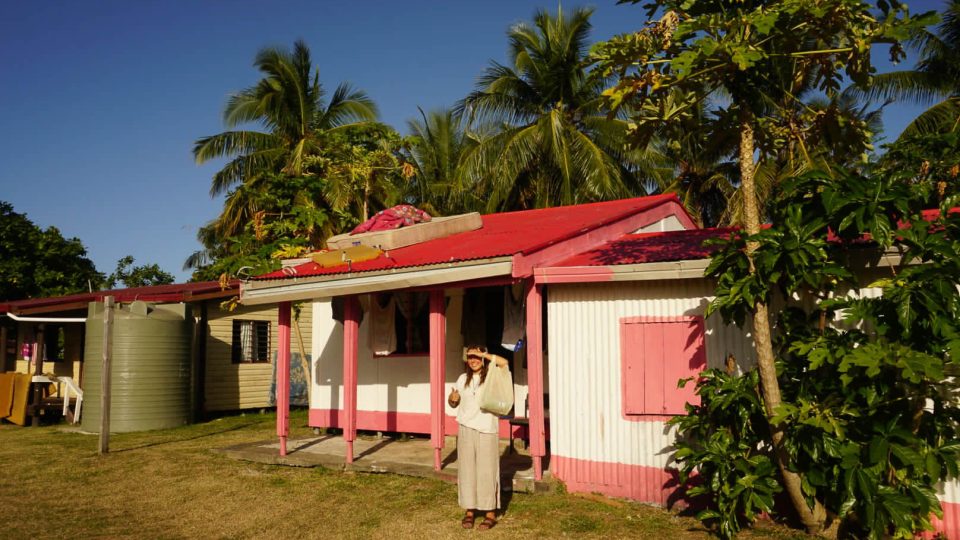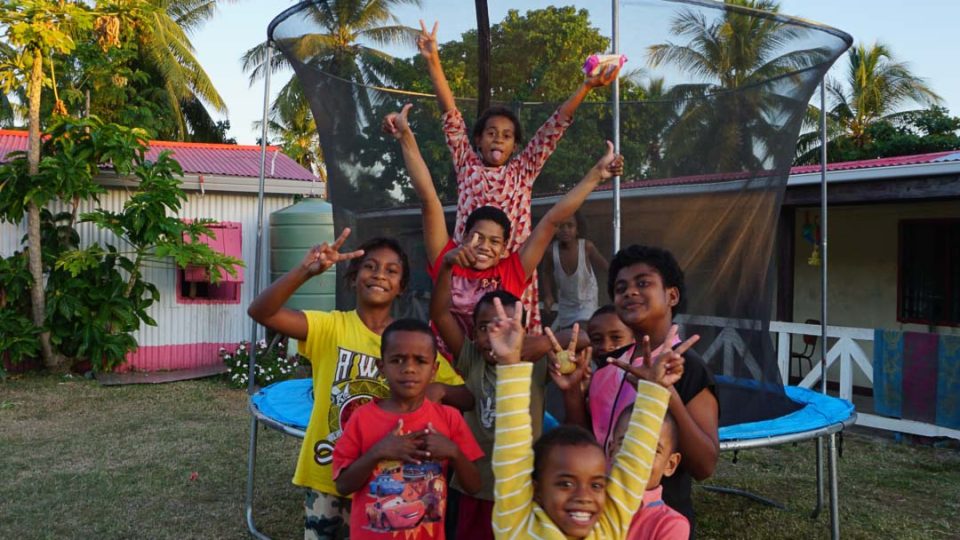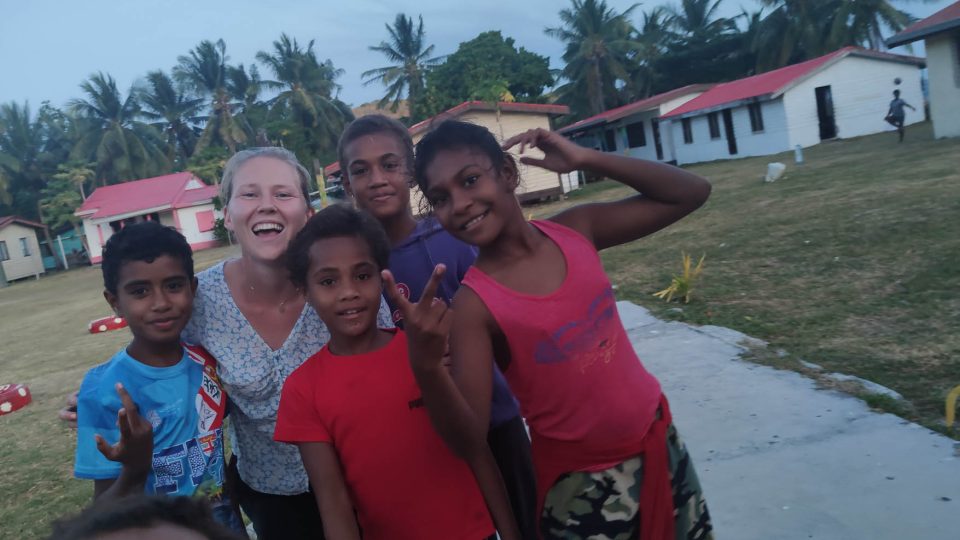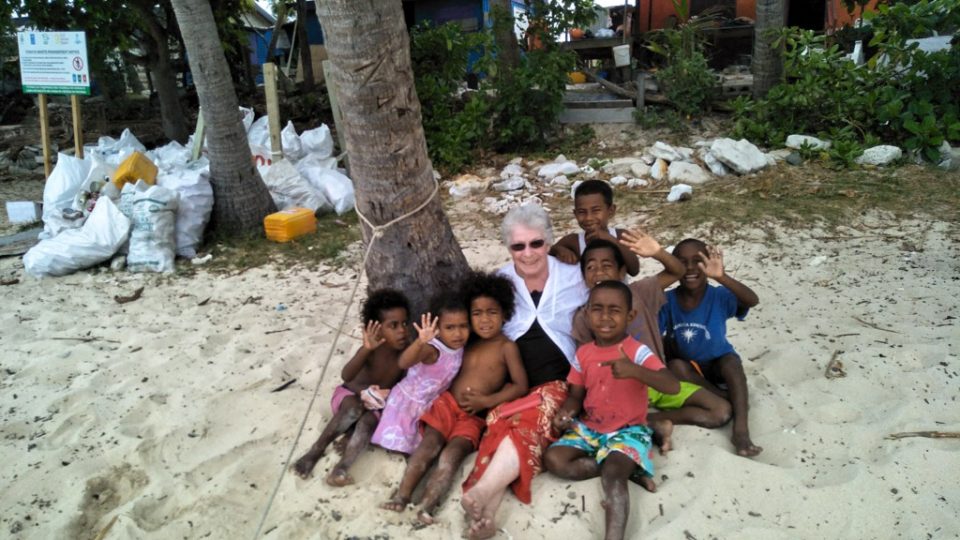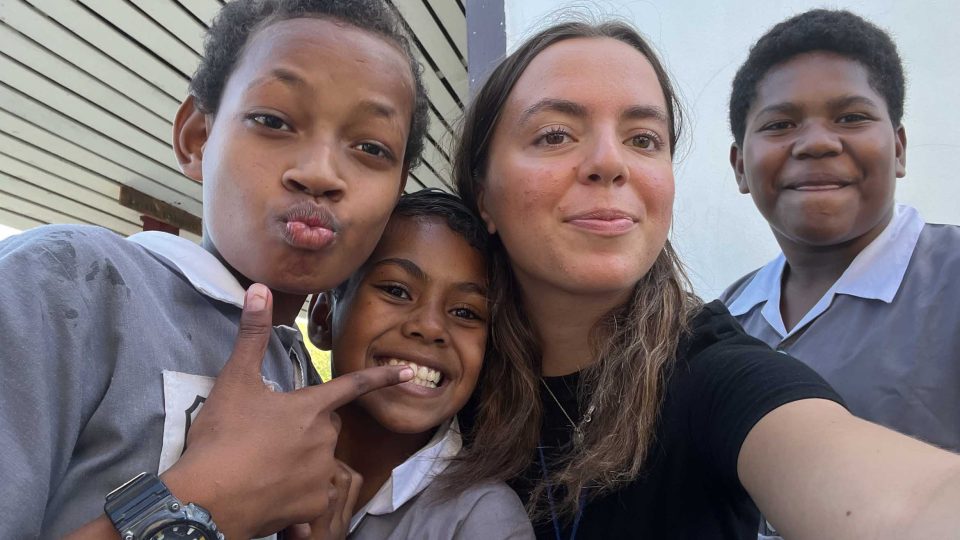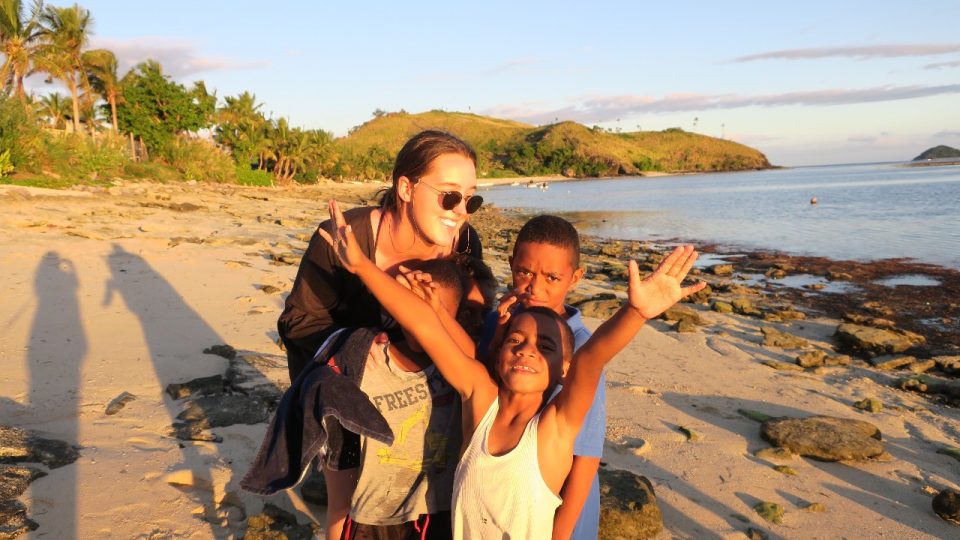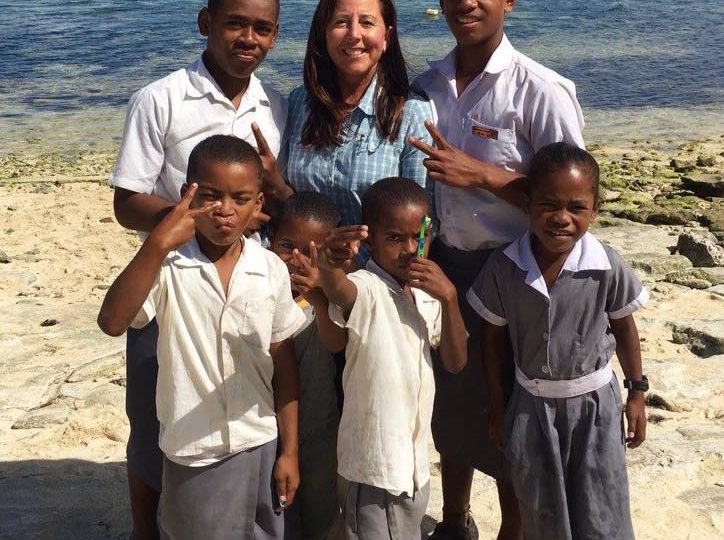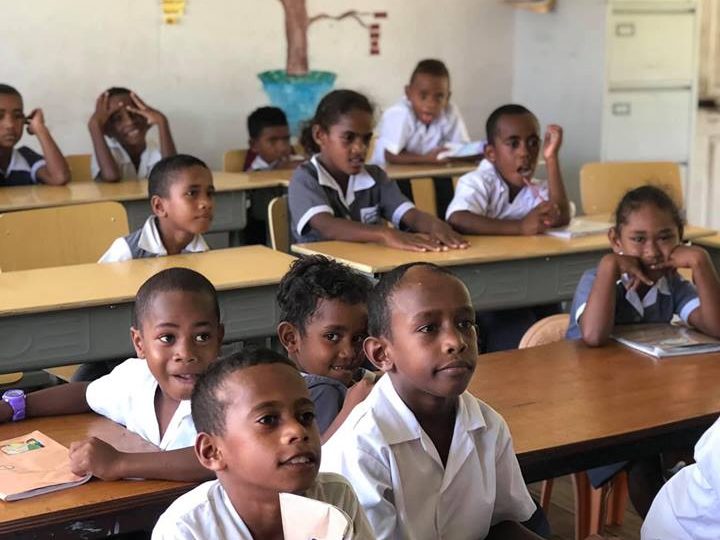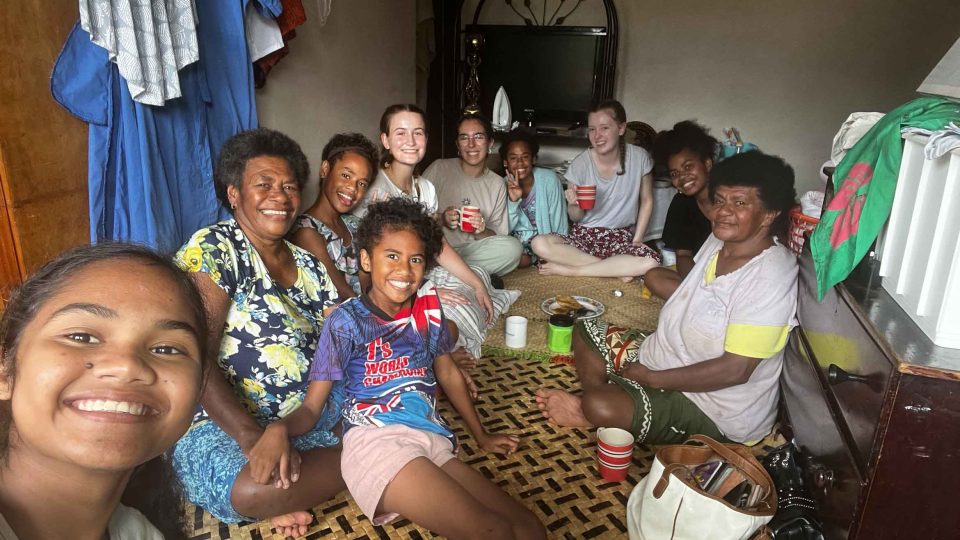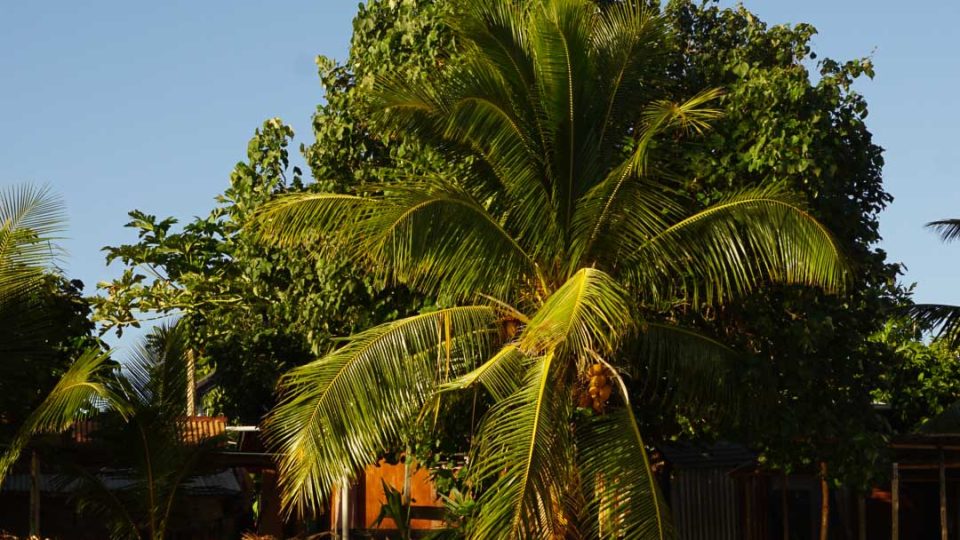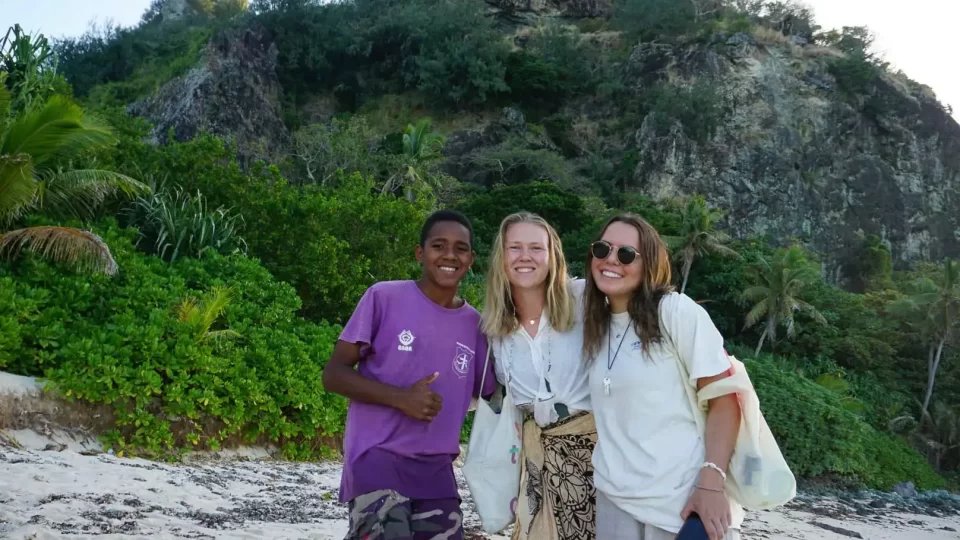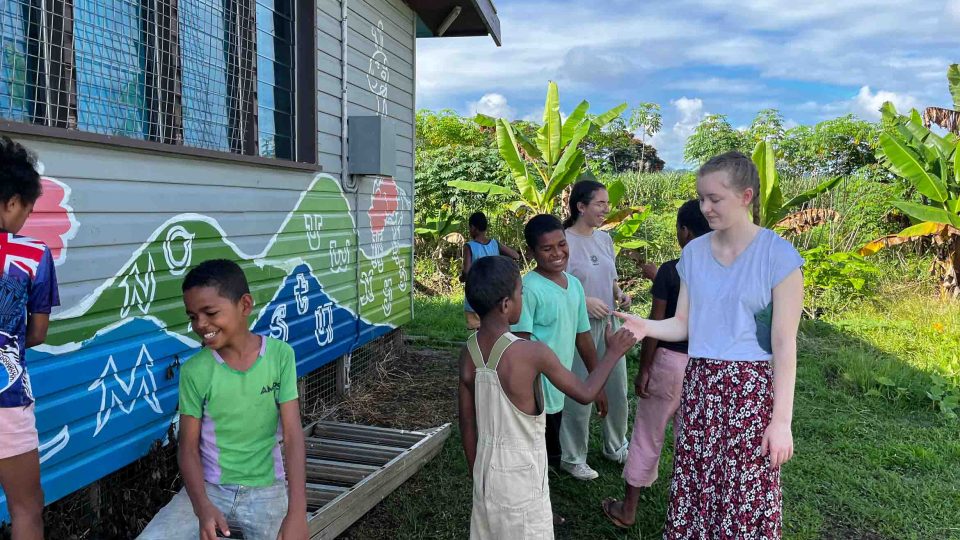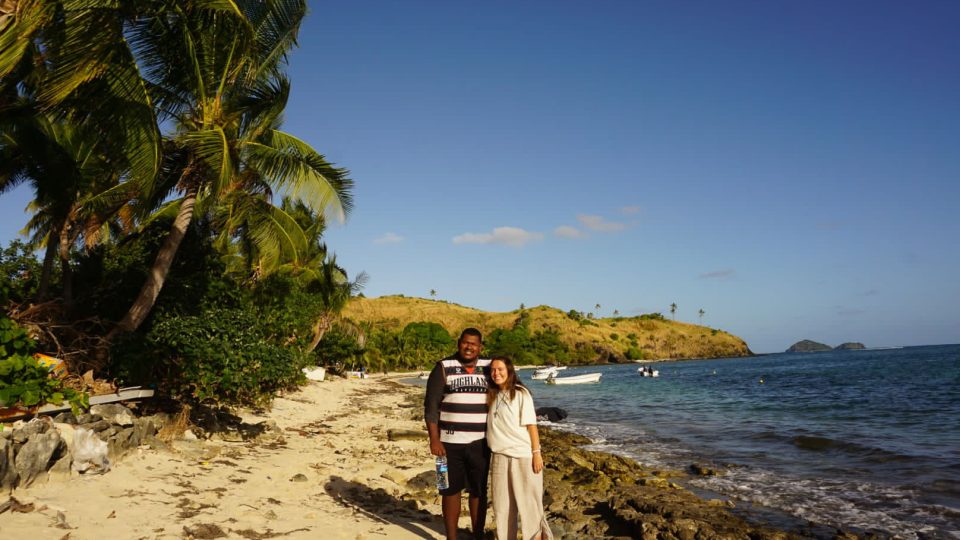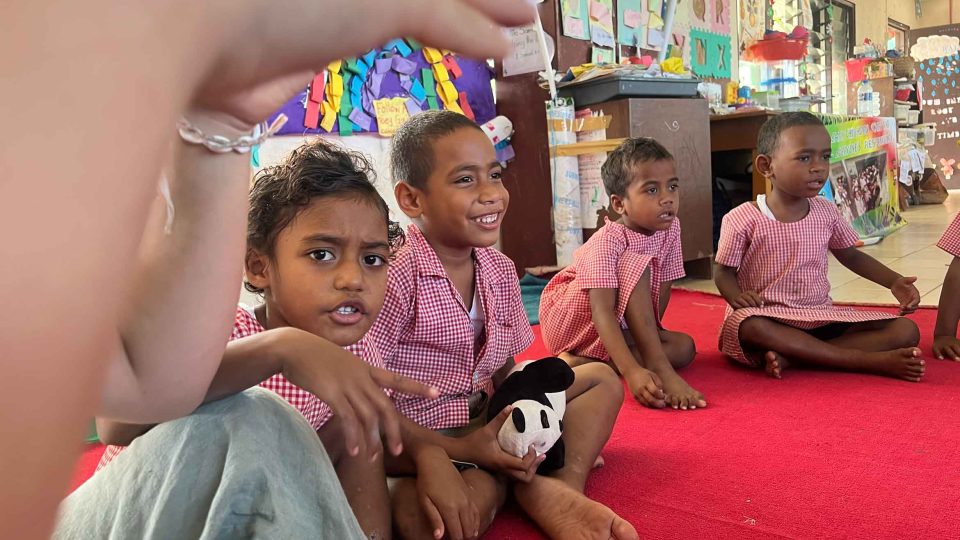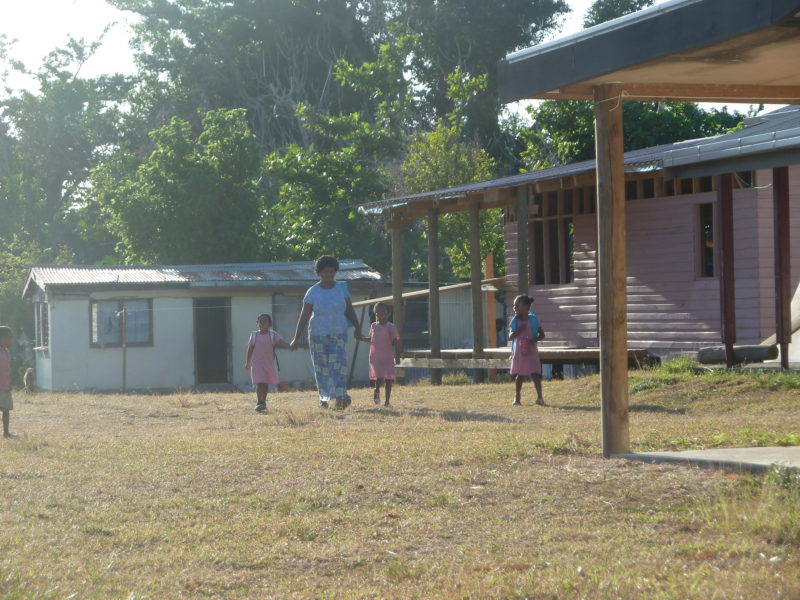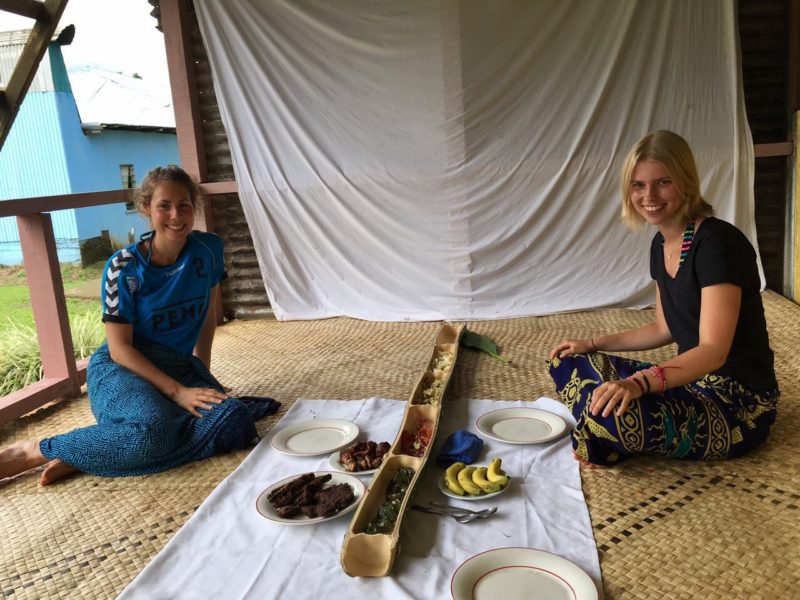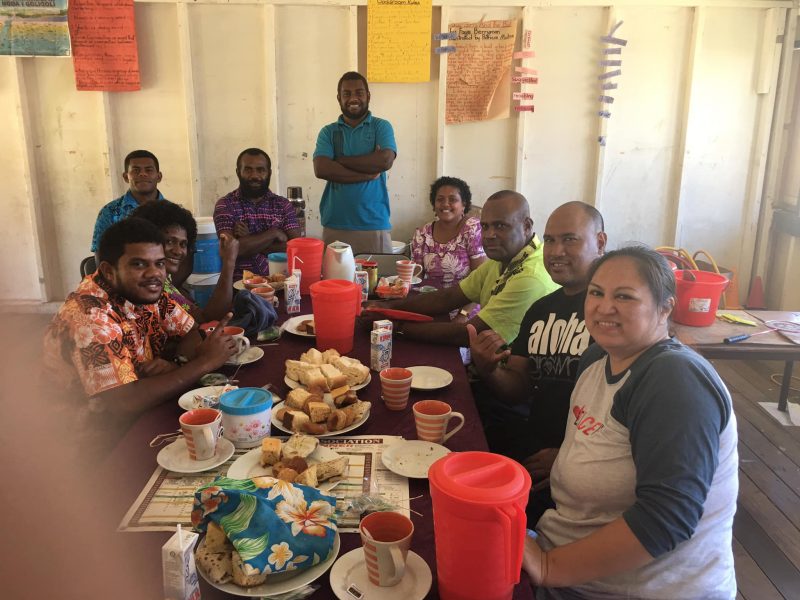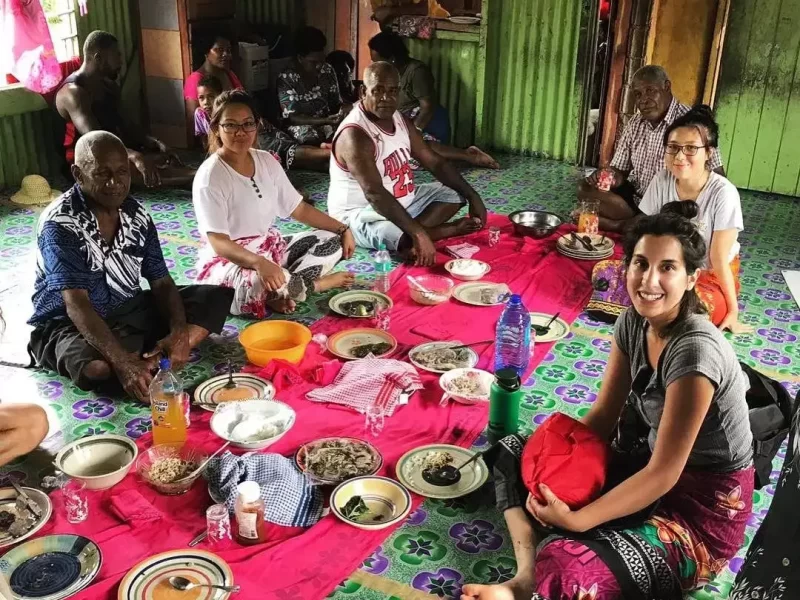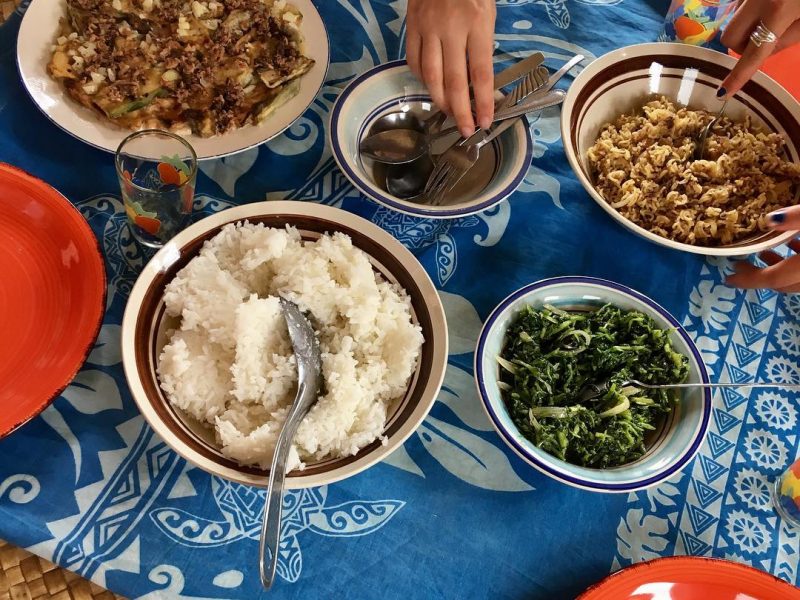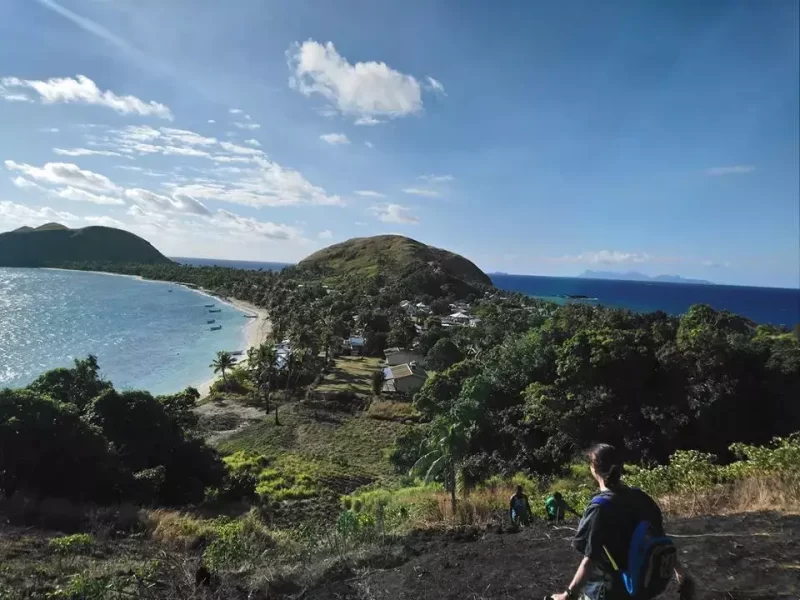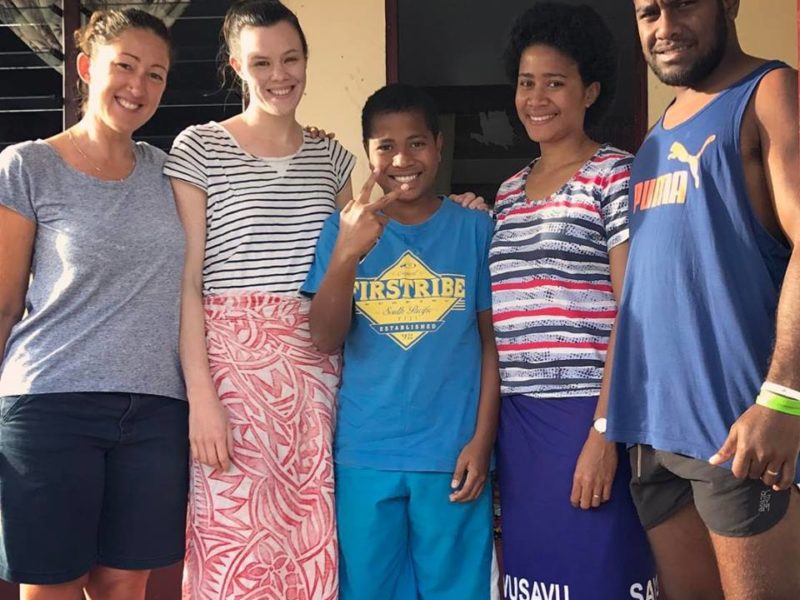WHY we need you in Fiji
- Approx 34% of the population in Fiji live below the poverty line
- Rates for education and literacy are low, making it hard for many local people to find skilled work
- Lack of adamant nutrition is prominant in Fiji, increased by the cheap imported food available, leading to obesity problems, as well as problems such as type 2 diabetes & micronutrient deficiencies
- Malutrition is also seen in Fiji, particually with the under 5's, showing signs such as stunted growth and wasting (loosing muscle mass)
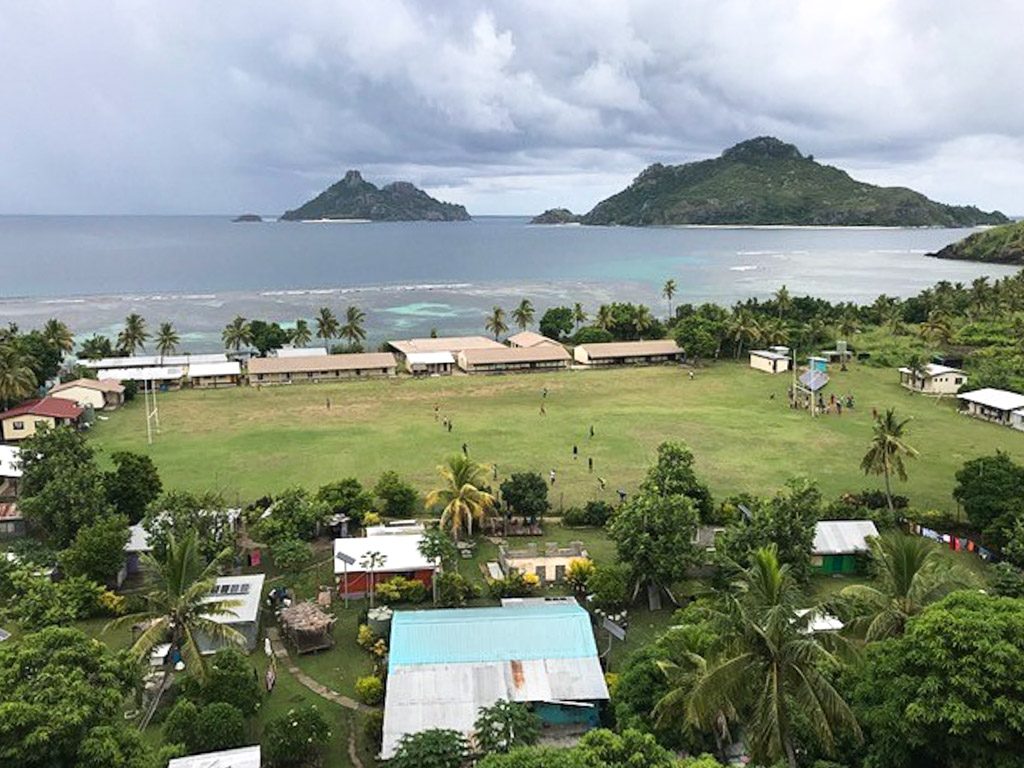
HOW can you help?
- Help staff at a local school, situated on a remote island, with stunning views all around
- Embrace the Fiji lifestyle and become part of the community, joining in family activites with your hosts
- Work alongside local staff, as you prepare daily lessons for educational and fun activities
- Teach from kindergarten to grade 6, teaching English, or even maths, geography and sports
WHAT can you do?
- Teach English conversational skills, writing, reading, drawing, through fun activities
- Get creative through painting, drawing, crafts and anything else you can think of!
- Get the kids active by playing sports and playground games
- Teach basic English in a fun and informal way that the kids will enjoy
Why Involvement Volunteers International?
- Non Profit Org & Charity with 30+ Years Experience
- 16 Projects to Choose From in Fiji
- Social Experiences - Sharing with International Volunteers
- Excellent Safety Record, In-Country 24/7 Support & Emergency Assistance
- 1 Application Fee - Multiple Countries
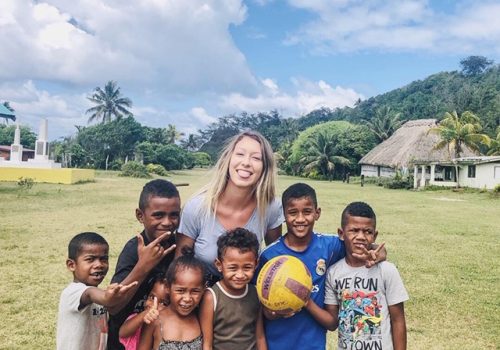
PROJECT NAME: REMOTE ISLAND TEACHING
LOCATION: MANAMANUKA ISLAND RANGES
START DATES: WEEKLY (SAT/SUN ARRIVALS)
ACCOMMODATION: HOMESTAY
MIN DURATION: ONE WEEK
MIN AGE: 18+ (16 if accompanied by a Guardian/Parent)
SPECIAL REQUIREMENTS: N/A
* Please be aware, this project only runs in school term times. The dates for 2024 are as follows:
Term One – Monday, 29th January – to Friday 3rd May
Term Two – Monday 20th May – to Friday 23rd August
Term Three – Monday 9th September – to Friday 6th December
Overview
Volunteer on a remote island in Fiji, where the views are stunning from every direction. This is an incredible placement where you can experience in depth the authentic Fijian Island way of living. After presentation of your offering (Kava ceremony) you will be welcomed into the community to live as an honoured guest.
The placement is centred around the local public school where approx 100 students from kindergarten through to grade 6 come to learn each day. The school receives very minimal government funding and there are substantial needs in all areas of educational assistance, school resources, community development, infrastructure and vocational support.
The volunteers tasks are varied and acceptance into the program will be based on individual applications. Volunteers will need to be self sufficient and competent enough to see areas of opportunity and to assist as appropriate. This is a challenging and raw experience where you can truly make a positive impact and likely gain an appreciation for the simple things in life.
The role of volunteers will involve working with the remote island school teachers and coordinators to design fun and interactive lessons which enable alternative teaching methods and intercultural learning. As the Fijian school curriculum is very standard, having volunteers provides new ways of viewing the world which benefits the kids by providing alternative ways of thinking.
Volunteers need only to bring a positive attitude and willingness to experience the true Fijian culture. You must be willing to go with the flow. There are many customs which are ingrained within the Fijian culture that you will not change overnight. Volunteers need to be open and accepting of the culture, beliefs and operational systems with a view to help by providing alternative ways of thinking in a constructive non critical way.
Location
This island paradise has extensive views over fringing coral reefs and green-blue tropical seas. It’s a medium sized island (approx 10km in diameter) with cliffs and rolling hills for amazing hikes with views out to surrounding islands where for island hopping or snorkelling. With approx 800 native Fijian inhabitants (some of whom have never seen a car!) Many inhabitant’s work on the local tourist islands. The village’s main source of incomes is handicrafts, pottery and shells, with the local people otherwise relying on subsistence farming and fishing.
Project Tasks
- Teach basic English
- Playing games with the children
- Get creative with drawing, making presentations, painting and crafts
- Develop students conversation skills
- Assist with daily chores, and family activities with your hosts
Food & Accommodation
You will live within the large gated school compound where individual family residences exist for the school staff and their families. You’ll normally be provided your own room or sharing with another volunteer. Bedding is usually a mattress on the floor. It’s clean and comfortable, but no frills. The houses are light and airy right next to the ocean but very basic, with normally a living area, sleeping area, kitchen and adjoining bathroom.
Electricity is a luxury on the island and small solar lamps are used for the evenings. This means, tv’s radio’s, fridges etc are limited. You’ll be able to charge your laptop or mobile device no problem. You’ll also have a safe place to store your belongings.
Please note – Many things that we take for granted in our homes are not available on the island and living conditions are very basic. Borehole water is used for washing and toilets and rainwater is used for cooking and drinking. Toilets are western style and waterseal. They need to be filled with a bucket of water to fill the cisten before flushing.
Fresh fruits and vegetables can be quite scarce on the island so it’s recommended to bring a small offering of rice, flour or long lasting vegetables (ie. cabbage) with you along with some snacks for yourself if desired. You will have plenty to eat, but the variety of options will be less than other home stay placements.
Breakfast would normally consist of tea with homemade pancakes, bread and fruit if available. The pancakes are very similar to donuts and very yummy!
Lunch and dinner would mostly consist of fresh fish, chicken, lamb or tinned food. This placement will be difficult for vegetarians who do not eat fish.
Nadi/Lautoka
Area
*Remote Island Teaching
*Remote Island Construction
- Woman & Children’s Commune
- Orphanage Childcare
- Special Needs School
- Animal Shelter
- Disaster Mngt & First Aid
- Koroipita Construction
-
1 Week - $395
-
2 Weeks - $555
-
3 Weeks - $715
-
1 Month - $895
-
2 Months - $1545
-
3 Months - $2195
What's Included
-
Accommodation
-
Meals
-
Airport Pickup
-
Local Transportation
-
1 Day Orientation
-
24/7 In-Country Support
-
Project Materials & Equipment
-
Pre-departure Expert Advice
-
Preperation Tools & Checklists
-
Certificate of Completion
- Application fee is one off per person (unlimited placements)
- Click Here to convert the below prices to your local currency
- Discounts may apply if travelling in a pair or group!
- All credit card /international fees included in below pricing! 🙂
Testimonials...
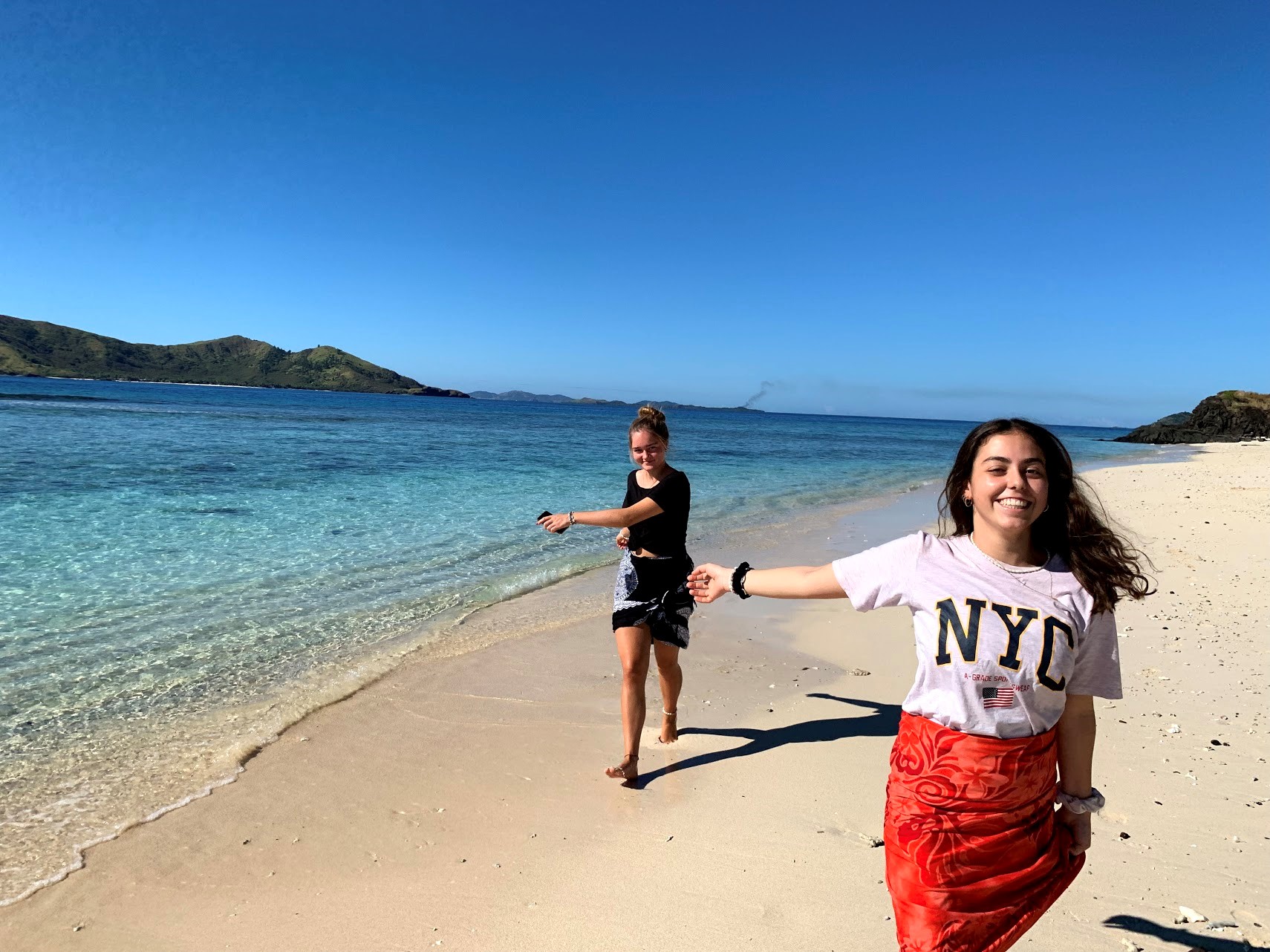
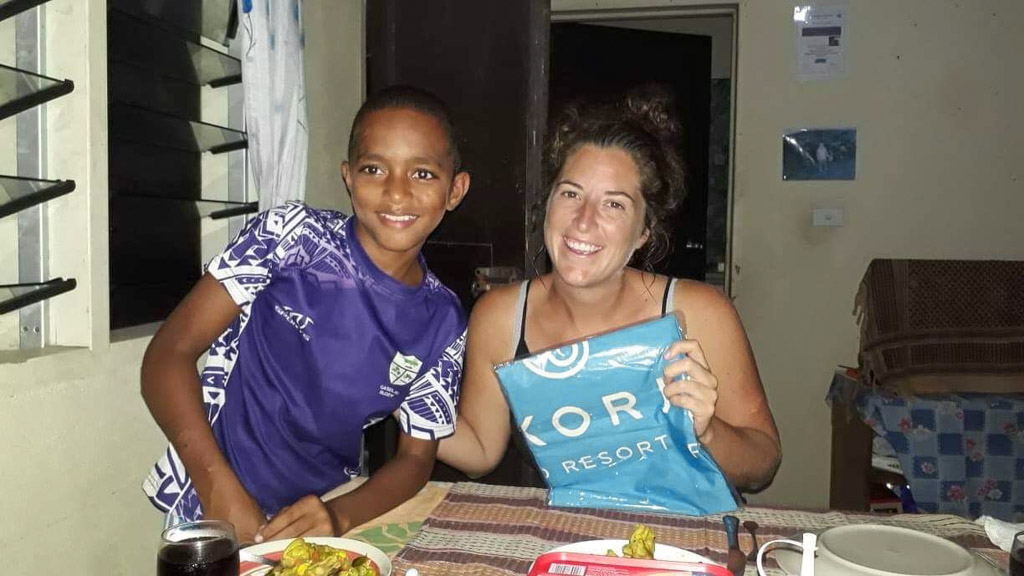
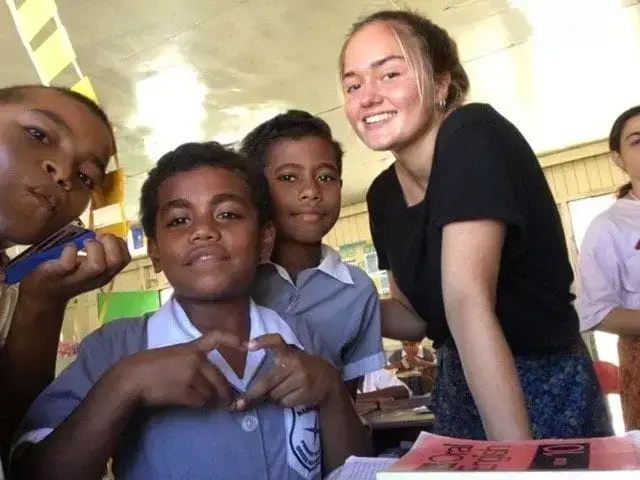
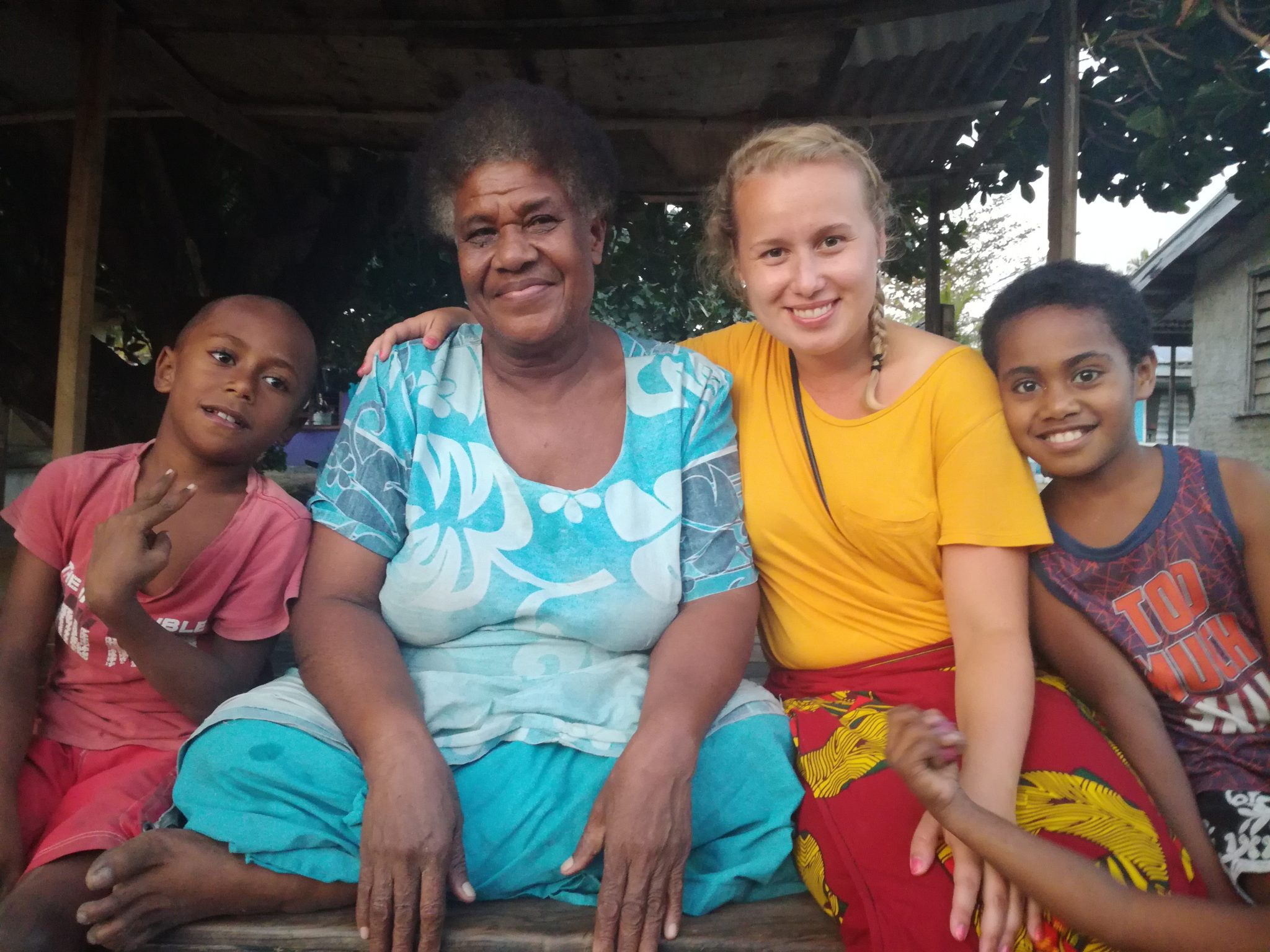
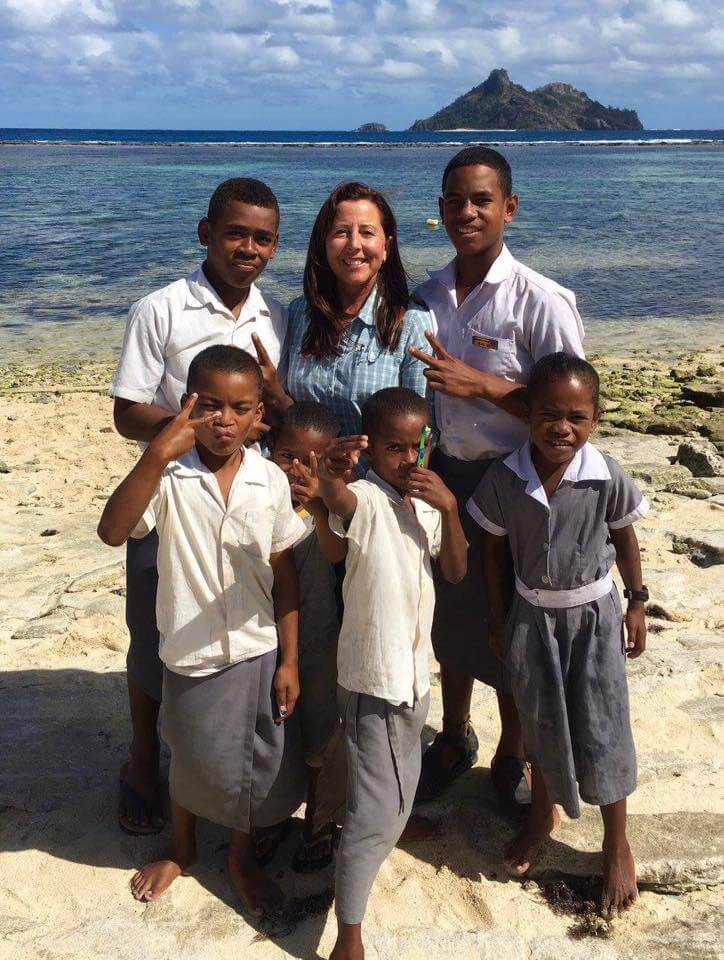
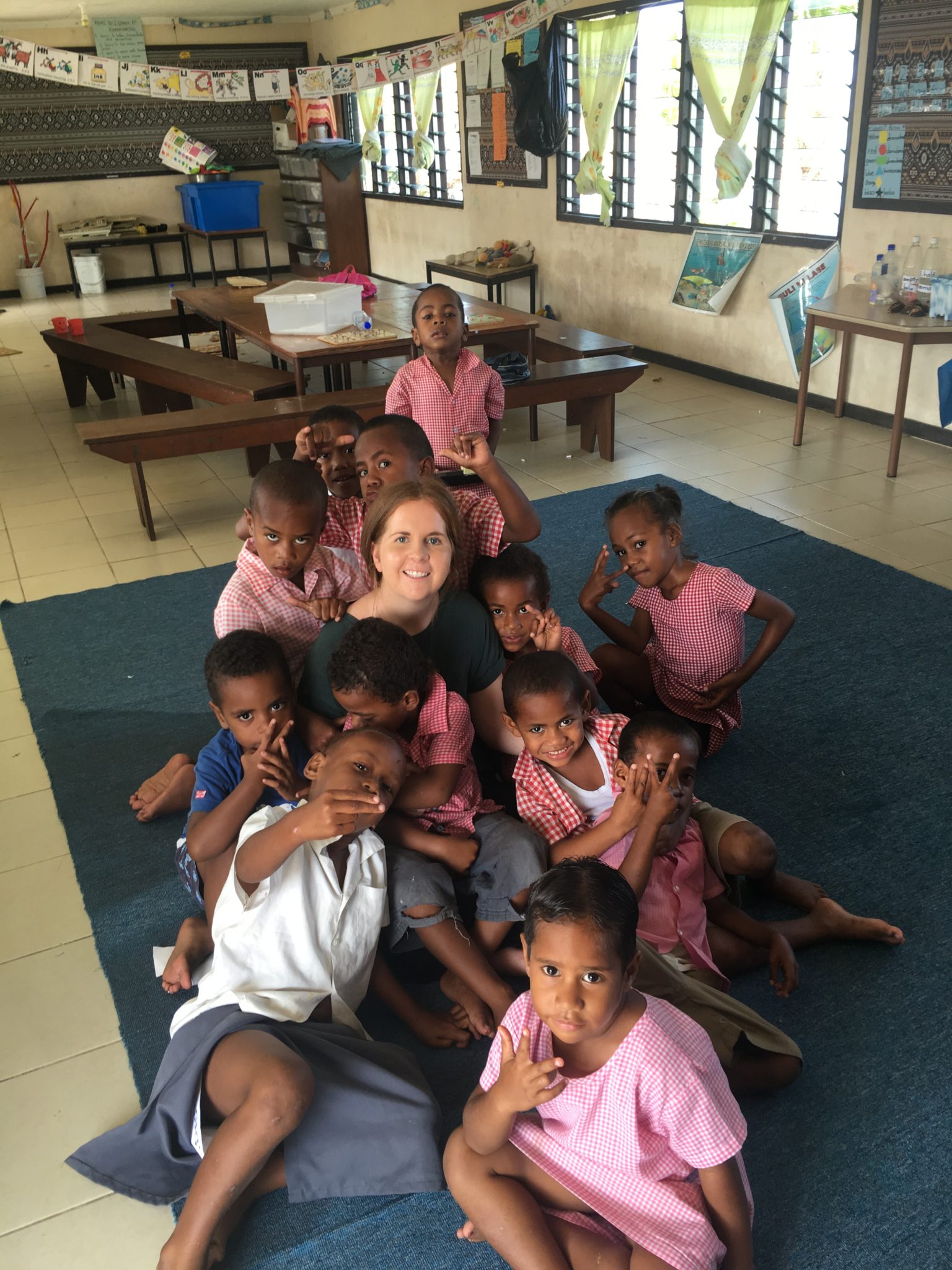
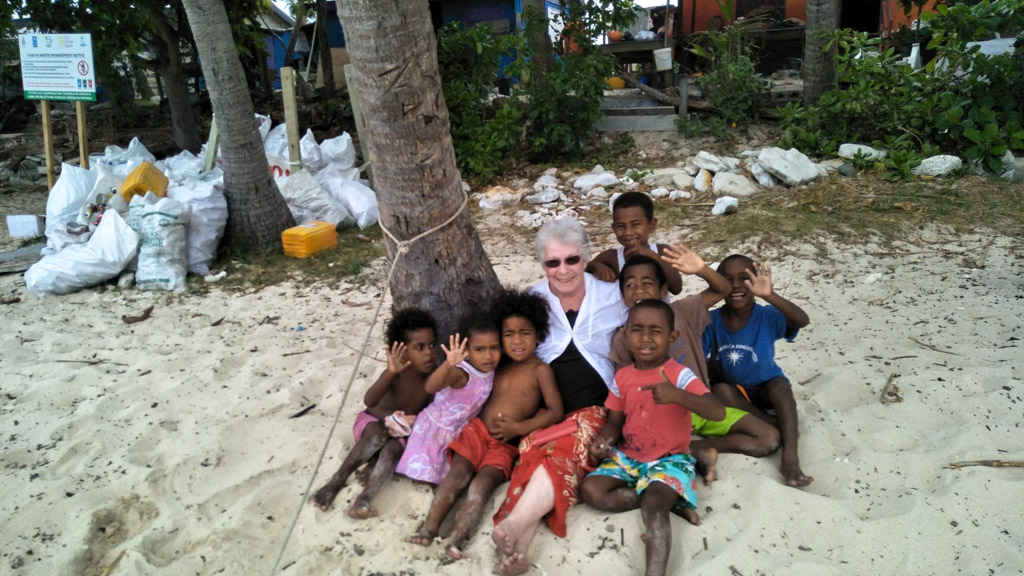
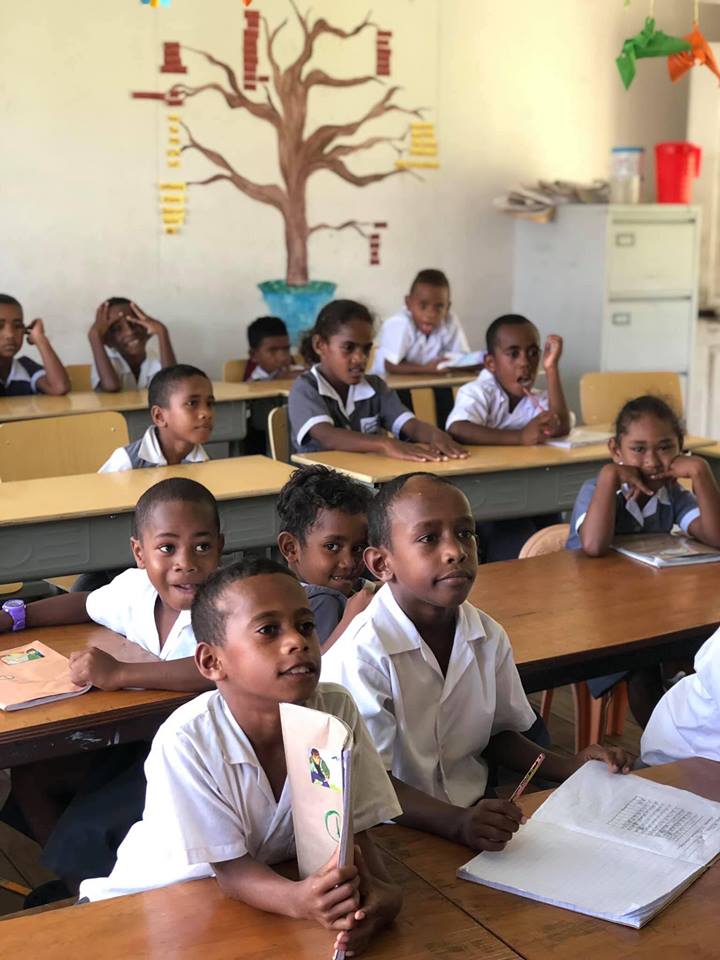
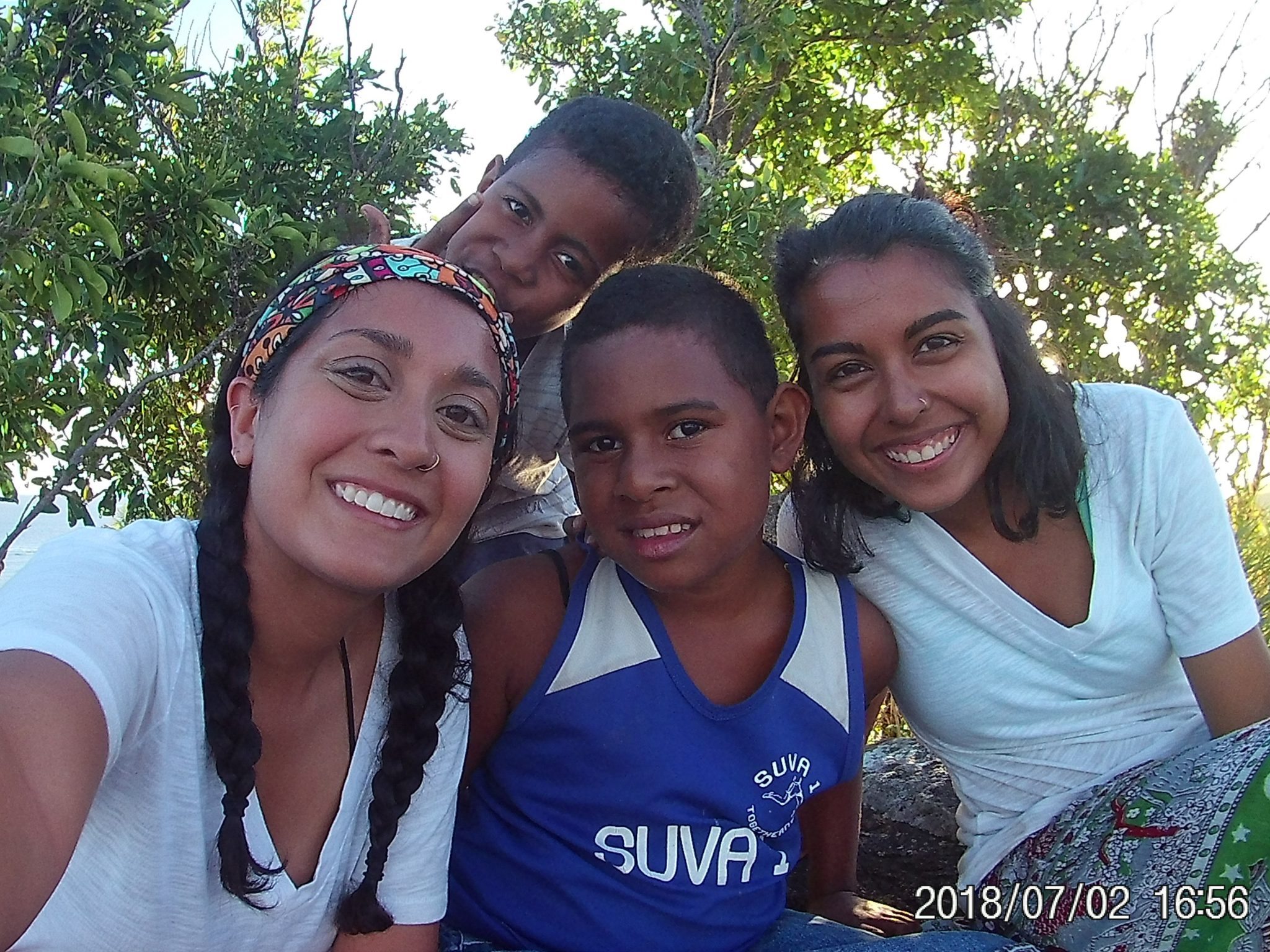
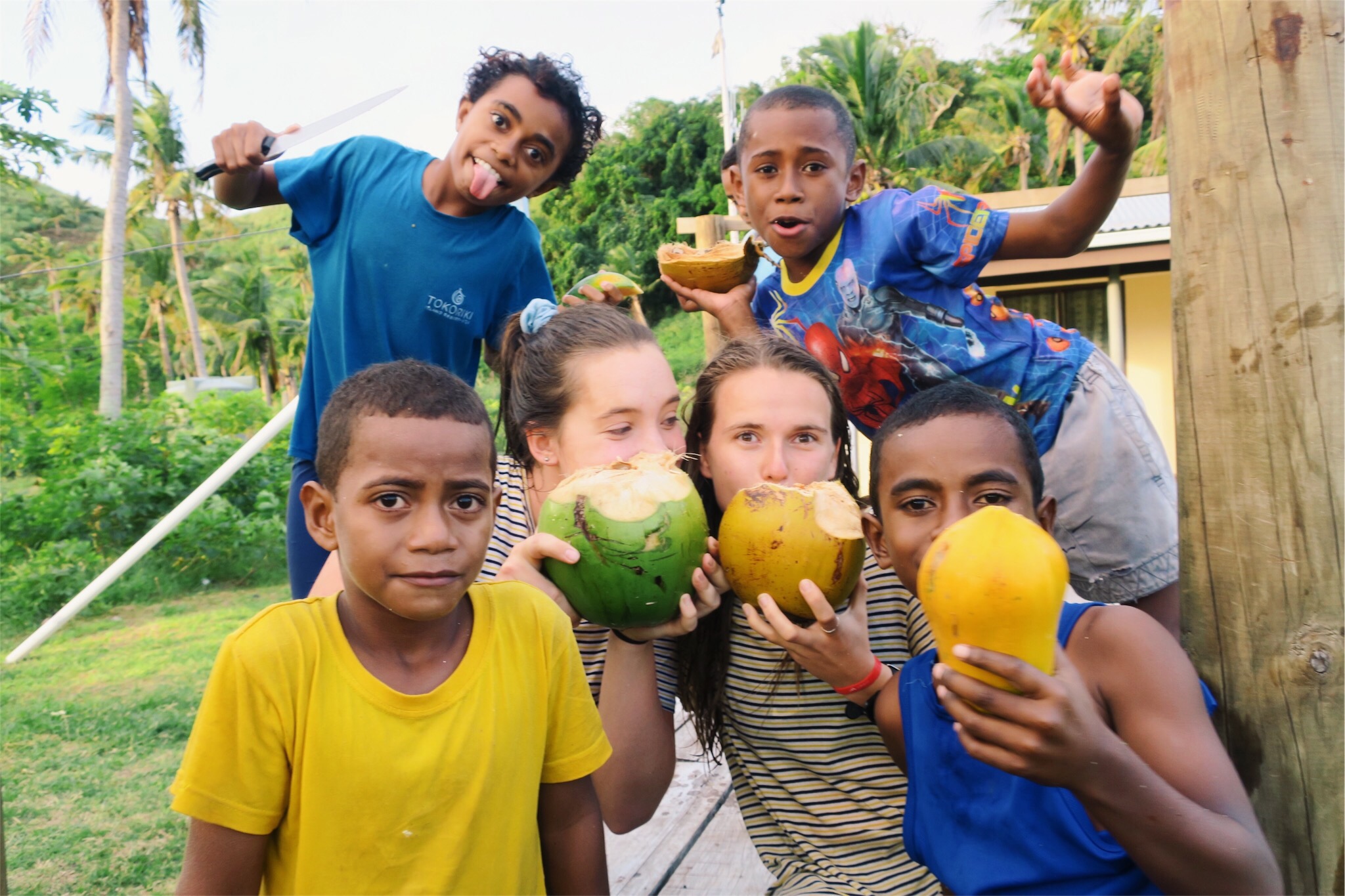
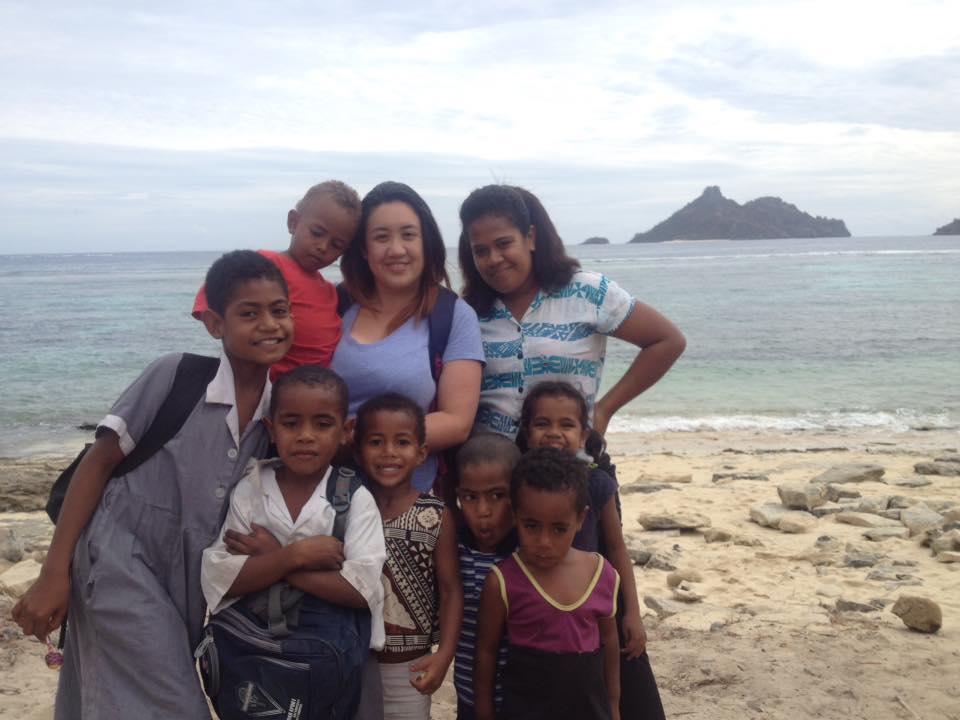
FAQ
Although a beautiful island- it is very remote and there will not be the luxuries you may be used to. This project would suit anyone wishing to get off the beaten track and who doesnt mind going back to basics in terms of food and accomodation.
This project also allows you to fully integrate yourself into the local community and to really feel like you’re part of the family. You can go to church, explore the island with the kids and eat with your host family. This would suit anyone who wishes to get out of their comfort zone and truly experience a different culture.
- Return airport pickup/drop off
- Accommodation (Home Stays – Sharing with other volunteers)
- 2 meals p/day (Breakfast & Dinner)
- Filtered drinking water, coffee & tea daily
- Full day orientation & training + cultural sightseeing
- In country 24/7 coordination & emergency assistance
- Fundraising support
- University course credits (where applicable)
- Certificate of Completion
- Airfares
- Travel Insurance
- Tours, Souvenirs & spending money
No specific orientation is offered on this project due to the remote location. If you did want to get to know your environment a bit more before you start your project, you could book an extra night on the mainland and join an orientation in one of our other locations.
Included in the cost is an arrival airport transfer from Nadi airport to the marina if heading to the islands directly. In most cases however, you’ll stay with a home stay in Nadi or Lautoka for 1 or 2 nights before making your way to the island.
The cost of transfers from the marina to/from the island are not included however we get you the locals discount which brings the cost from approx US$110 return down to approx US$40 return.
There are 2 ferry trips to/from the island daily departing from Port Denerau each day;
- Departing Ferrys – 9:15am and 3:00pm
- Returning Ferrys – 10:15am and 4:00pm
We charge an additional fee for extra nights accommodation before/after the program.
You will generally teach from around 8am to 4pm each day (this can vary), and will need to create lesson plans for each of your classes, which you can share and discuss with the local teacher.
Generally you will be:
- Planning lessons
- Helping with morning chores before school
- Doing drawing and crafts
- Basic conversation lessons
- Basic phrases, animals, colours, greetings, transport, food, etc
- Playground games
- Teaching through singing, dance and music
You are located on a proper Fijian remote island in the Manamunca island range. Island hopping to local tourist resort islands is the most likely past time for volunteers in this region. This is truly a unique placement as foreigners are not allowed to visit the island without express consent from the island chief. As part of the volunteer arrival you must bring Yaqona (Cava) as an offering to the chief.
- Visit the Garden of the Sleeping Giant: This beautiful orchid garden in Nadi was founded by actor Raymond Burr and is home to more than 2,000 varieties of orchids.
- Relax on the beach: There are many beaches in the Nadi and Lautoka area where you can enjoy swimming, sunbathing, and snorkeling. Some popular ones include Natadola Beach and Denarau Island.
- Explore the Sabeto Hot Springs and Mud Pool: Located just outside of Nadi, this natural hot spring and mud pool is a great place to relax and rejuvenate.
- Take a tour of the Viseisei Village: This historic village near Lautoka is considered to be the oldest settlement in Fiji, and you can take a guided tour to learn about its history and culture.
- Shop at the Nadi Market: This bustling market in the heart of Nadi is a great place to find local handicrafts, souvenirs, and fresh produce.
- Visit the Sri Siva Subramaniya Temple: This beautiful Hindu temple in Nadi is the largest in the southern hemisphere and is worth a visit for its intricate architecture and colorful decor.
- Take a day trip to the Yasawa Islands: The Yasawa Islands are a chain of islands off the coast of Nadi, and you can take a day trip to explore their beautiful beaches and crystal-clear waters.
- Learn to surf: Fiji is known for its world-class surf breaks, and there are several surf schools in the Nadi and Lautoka area where you can take lessons and catch some waves.
Coral Coast/ Sigatoka
- Visit the Sigatoka Sand Dunes National Park: This national park in Sigatoka is home to ancient Fijian archaeological sites and offers stunning views of the coastline.
- Be adventourous with white-water rafting, shark feeding, jet ski tours, zip lining and diving.
- Go on a river safari: Take a guided tour up the Sigatoka River to explore the Fijian interior and see traditional Fijian villages.
- Explore the Kula Eco Park: This conservation park in Sigatoka is home to many endangered Fijian species, including the Fijian crested iguana and the banded iguana.
- Relax on the beach: The Coral Coast is home to many beautiful beaches, including Natadola Beach and the beach at the Outrigger Fiji Beach Resort.
- Take a coral reef tour: Explore the beautiful coral reefs off the coast of the Coral Coast on a snorkeling or diving tour.
- Visit the Tavuni Hill Fort: This historic fort near Sigatoka dates back to the 1700s and offers panoramic views of the surrounding countryside.
- Visit the Biausevu Waterfall: This beautiful waterfall near Sigatoka is surrounded by lush rainforest and is a popular spot for swimming and picnicking.
- Go on a sea kayaking tour: Explore the coastline and offshore islands of the Coral Coast on a guided sea kayaking tour.
- Attend a traditional Fijian ceremony: Many hotels and resorts in the Sigatoka and Coral Coast areas offer traditional Fijian ceremonies, including kava ceremonies and meke dance performances.
- Visit the Sigatoka Market: This bustling market in the heart of Sigatoka offers fresh produce, handicrafts, and souvenirs.
The following documents are required 30 days prior to project start date (so the local team can get approval):
- Police Clearance
- Passport page
- Vaccination Card
Other Info:
- Local Customs – We will help you source some Yaqona (approx US$15) for “sevusevu”. This is the traditional way of going to the village. Yaqona (Kava) is taken and presented to the village chief to get his blessings for you to stay on the island.
- Medical – A resident nurse and health centre is located on the island. For emergency, helicopters can get to the island and to Lautoka hospital within an hour
- Dress – A dress code will apply mainly to females when in around the villiage. They will need to wear dresses or long skirts or “sulu”
- School Holidays – Alternative options exist during school holidays in April, August, November, December
Fiji is an archipelago of 330 tropical islands. It’s one of the most developed Pacific Island economies however, a chronic lack in investment and under-employment pose obstacles to sustainable and equitable economic growth in Fiji.
More than 250,000 people in the Fiji islands live in poverty and many more Fijians live on or just above the poverty line. Efficient delivery in health care, in education, in work opportunities and other social services are incredibly difficult in Fiji.
A great disparity exists between the working class communities and the multi-national owned tourism resorts which represent approx 25% of Fiji’s Gross domestic product. Sadly, much of the wealth generated from this sector does not filter down to the local communities.
IVI have a well established program in Fiji build by local Fijian’s with in depth understanding of the local needs. We have a have a variety of skilled and non skilled volunteering options for anyone seeking to live like a local far away from the trendy monotonous tourist resorts.
Fiji enjoys a hot and humid climate year round. Average temperatures range from 25°C to 30°C.
May to October is considered one of the best time to visit, as it’s the dry season. The wet season is from November to April. The island will recieve heavy rain, but in short outbursts. In July and August, temperatures can fall to as low as 18°C, making it a pleasent time to visit for those who enjoy cooler weather!
The Fijian people have a strong sense of their own culture and customs and highly developed sense of honor. The locals are generally very friendly and welcoming. Within Fijian villages, tribal alliances are still intact and money does not play a significant role in their daily lives. Visitors are not always accustomed to the slow work pace (they call it “Fiji time”). Do not worry too much about this, just go with the flow!
30 Years Non Profit Experience
IVI is an Australian charity & non profit organisation founded in 1989 and is one of the pioneers of overseas volunteering successfully placing over 20,000 volunteers globally.
Affordable Volunteer Travel
We’re not motivated by shareholder profits. Our fees are fully transparent to ensure maximum benefit where it is most needed.
Safe & Responsible Projects
All projects include a dedicated 24/7 in-country management team, operational & risk assessment & overseas support contact. All projects are personally inspected to ensure very high quality.
Work Experience & University Credits
We place thousands of Uni students and can assist you with course credits and in-field experience points. Many of our project coordinators are qualified practitioners in their respective fields allowing unique in-field supervision and Uni accreditation options
Check out this amazing blog with step by step info on how to raise funds for your overseas volunteer experience to help maximize your impact abroad. Guide to Fundraising
Weekends & Extra Tours
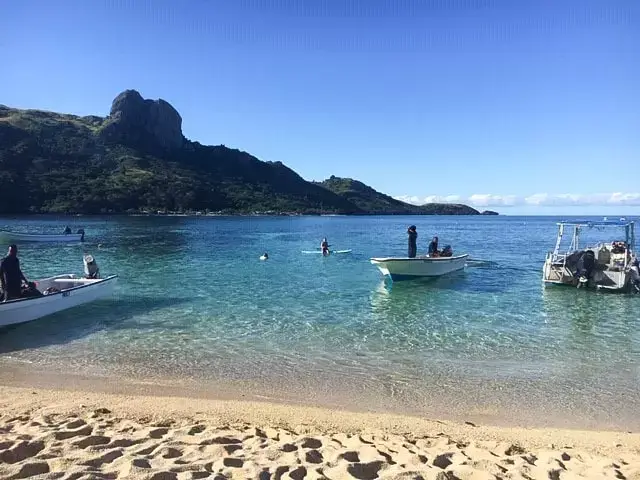
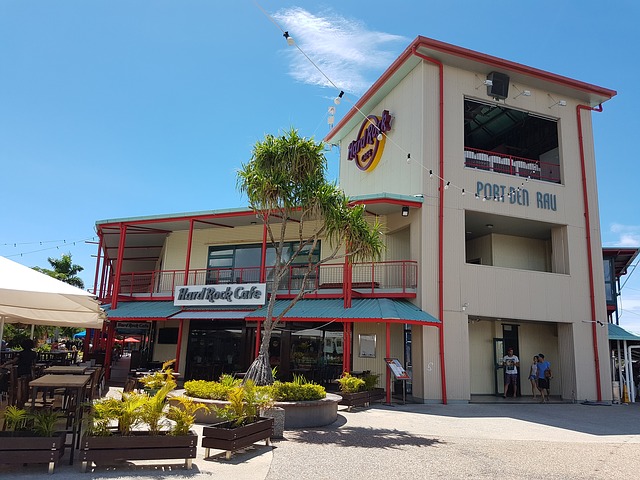
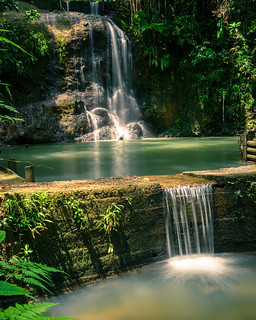
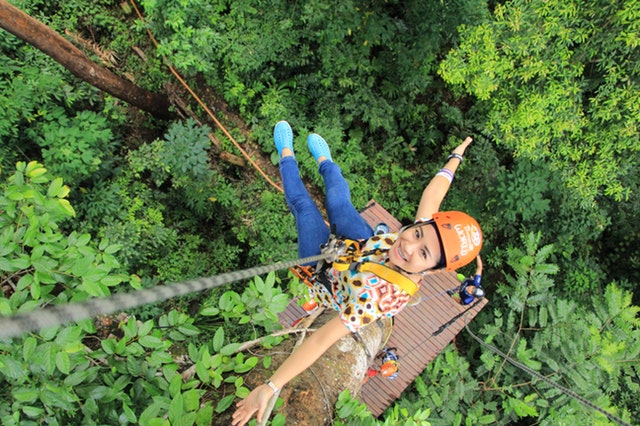
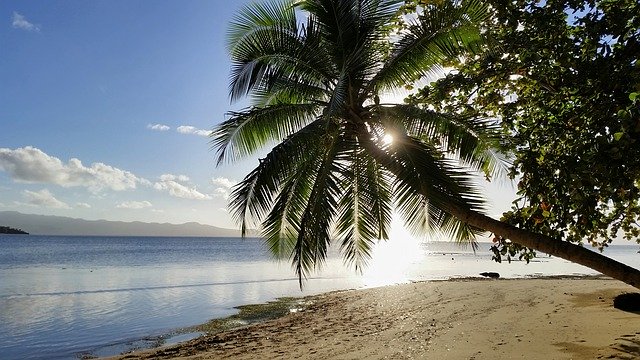
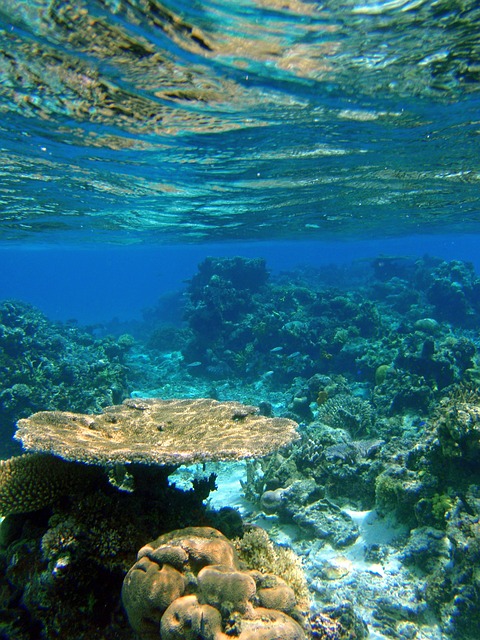
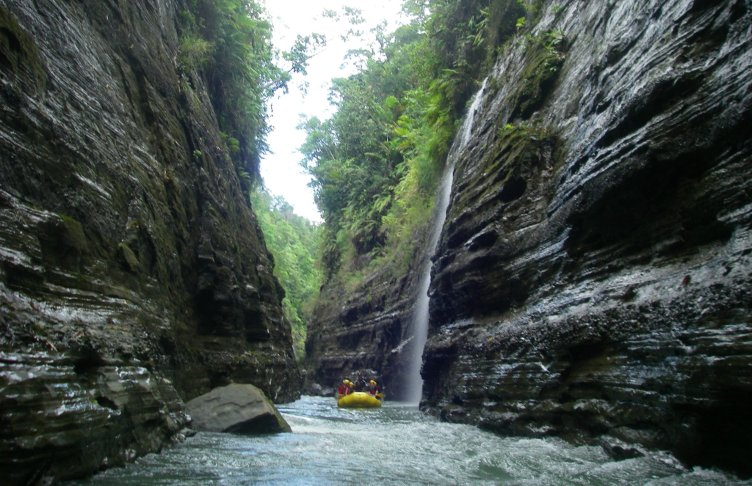
 Involvement Volunteers International
Involvement Volunteers International 